Week #18
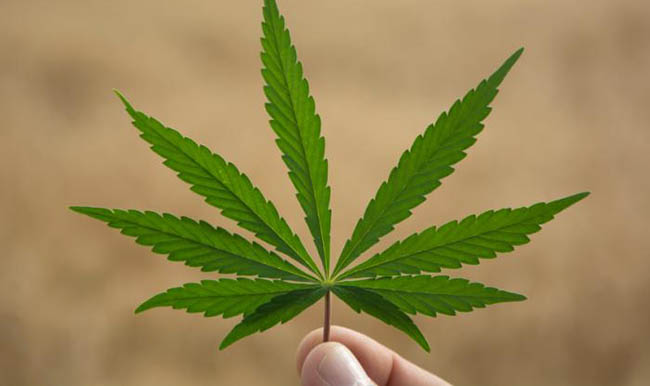 As I chat about marijuana regulations with a few of my more tenured colleagues and note their lack of clarity surrounding the ever-changing regulations surrounding this drug, it strikes me that one need not be new to drug testing to feel as though this issue is complex and turbulent. With some drugs, like phencyclidine (PCP) for example, the issue is clear – a positive drug test is indicative of drug abuse. On the other end of the spectrum we have alcohol – a legal drug with age restrictions and well established levels of impairment that employers can prohibit the use and influence of while on the job. Somewhere in the middle of this spectrum we find drugs like opiates, and amphetamines which may have legitimate medical uses.
As I chat about marijuana regulations with a few of my more tenured colleagues and note their lack of clarity surrounding the ever-changing regulations surrounding this drug, it strikes me that one need not be new to drug testing to feel as though this issue is complex and turbulent. With some drugs, like phencyclidine (PCP) for example, the issue is clear – a positive drug test is indicative of drug abuse. On the other end of the spectrum we have alcohol – a legal drug with age restrictions and well established levels of impairment that employers can prohibit the use and influence of while on the job. Somewhere in the middle of this spectrum we find drugs like opiates, and amphetamines which may have legitimate medical uses.
What makes marijuana confusing is that it moves along this spectrum. Most states, and the Federal government, treat it as an illegal drug. More than a dozen states have legalized it for medicinal purposes. And last fall, two states – Colorado and Washington – rocked the marijuana boat when they approved initiatives to legalize the limited possession of marijuana and in doing so they became the first states to approve the drug for “recreational use.” In these two states, this move took marijuana to the alcohol end of the spectrum making it a legal, but a highly regulated drug.
In the latest chapter of the marijuana saga, the Obama administration broke their silence last week and decided not to challenge the state laws in Colorado and Washington – as long as the states maintain strict rules involving the sale and distribution of the drug. Federal prosecutors, it stands to reason, will be watching closely as the two states finalize their regulatory framework for marijuana use.
In the same way that this varied spectrum makes marijuana regulations complex, a set of employer protections makes the bottom line pretty simple for employers. Just because marijuana is “legal” according to state law, it does not have to be legal in the workforce. Most companies do not allow employees to consume alcohol on the job, and in the same vein, employers have the right to prohibit and to test for on-duty use of marijuana among its workers. While a few of the “medical marijuana” states have explicit language regarding the off-duty legal use of a substance like marijuana, most do not. Regulations like these take much of the employer-impacting complexity out of the marijuana issue. Nevertheless, if an employer in one of these states has questions regarding marijuana testing, they should contact a lawyer familiar with this topic in their state.
For more information about drug testing, visit our website.
As a new employee at Quest Diagnostics, there’s hardly a day that goes by that I don’t learn something new about the world of drug testing. Like some of you, I have a lot to learn about the industry. During my first year of employment, I’m going to write this weekly column highlighting drug testing procedures, products and processes as I discover them. To learn more about my journey, you can read my introductory post.


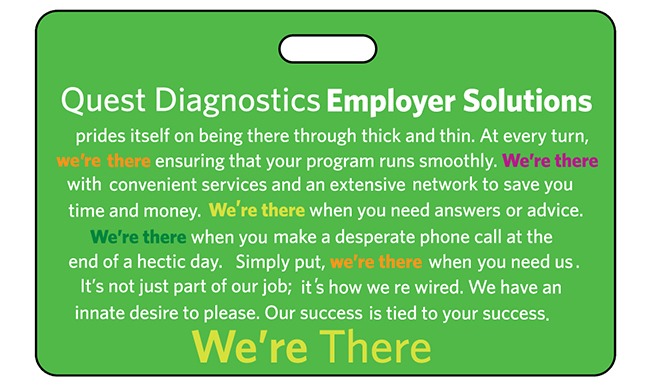



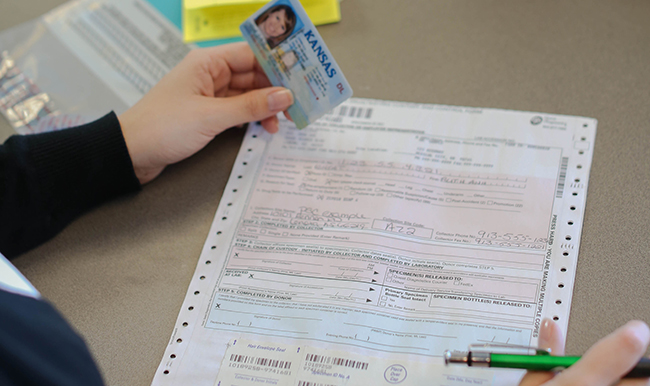


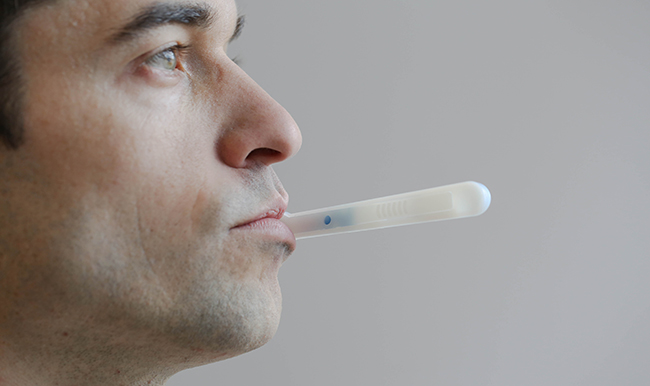

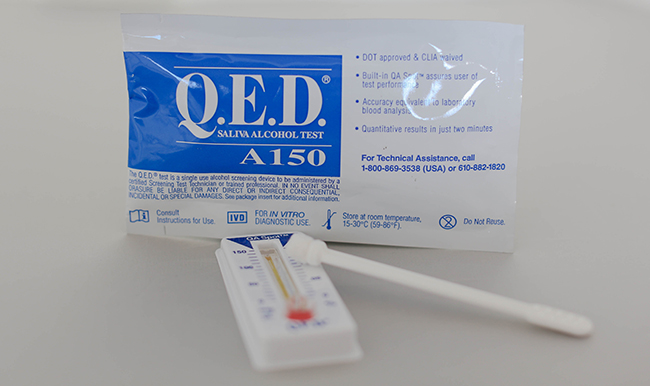

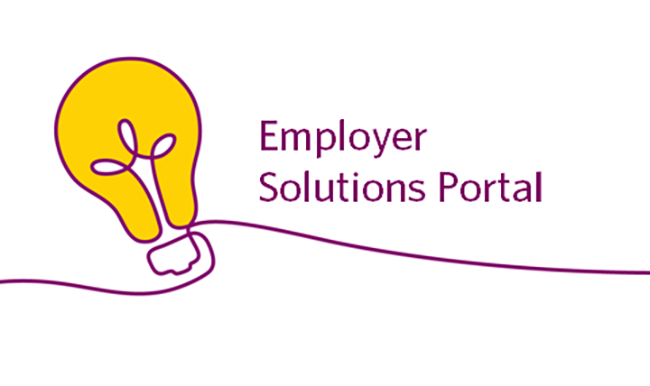






Week #18
What makes marijuana confusing is that it moves along this spectrum. Most states, and the Federal government, treat it as an illegal drug. More than a dozen states have legalized it for medicinal purposes. And last fall, two states – Colorado and Washington – rocked the marijuana boat when they approved initiatives to legalize the limited possession of marijuana and in doing so they became the first states to approve the drug for “recreational use.” In these two states, this move took marijuana to the alcohol end of the spectrum making it a legal, but a highly regulated drug.
In the latest chapter of the marijuana saga, the Obama administration broke their silence last week and decided not to challenge the state laws in Colorado and Washington – as long as the states maintain strict rules involving the sale and distribution of the drug. Federal prosecutors, it stands to reason, will be watching closely as the two states finalize their regulatory framework for marijuana use.
In the same way that this varied spectrum makes marijuana regulations complex, a set of employer protections makes the bottom line pretty simple for employers. Just because marijuana is “legal” according to state law, it does not have to be legal in the workforce. Most companies do not allow employees to consume alcohol on the job, and in the same vein, employers have the right to prohibit and to test for on-duty use of marijuana among its workers. While a few of the “medical marijuana” states have explicit language regarding the off-duty legal use of a substance like marijuana, most do not. Regulations like these take much of the employer-impacting complexity out of the marijuana issue. Nevertheless, if an employer in one of these states has questions regarding marijuana testing, they should contact a lawyer familiar with this topic in their state.
For more information about drug testing, visit our website.
As a new employee at Quest Diagnostics, there’s hardly a day that goes by that I don’t learn something new about the world of drug testing. Like some of you, I have a lot to learn about the industry. During my first year of employment, I’m going to write this weekly column highlighting drug testing procedures, products and processes as I discover them. To learn more about my journey, you can read my introductory post.